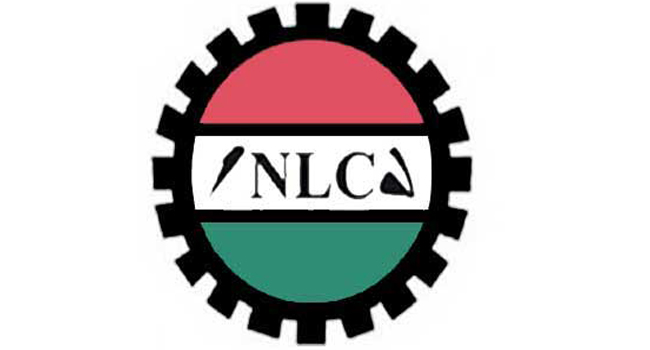Minimum wage: Let each state negotiate what it can pay — Govs
Yesterday, a group of southern Nigerian governors known as the Southern Governors’ Forum demanded that the new minimum wage be considered in light of each state’s financial situation.
Their plea coincided with Wednesday night’s announcement by the Nigerian Governors’ Forum (NGF) that it will maintain its engagement with stakeholders in an effort to resolve the recent minimum wage situation in a way that is acceptable to all parties involved.
The National Economic Council meeting, which Vice President Kashim Shettima regularly chairs, did not address the new minimum wage, despite President Bola Tinubu’s uncommon attendance. Likewise, the VP remained silent.
This comes at a time when organised labour was sounding the alarm yesterday, claiming that workers in the public and private sectors were growing impatient with the new minimum wage’s slow implementation and urging union officials to call for strike action.
The governors also pushed for allowing each state to negotiate the new pay with the unions in a 16-point communiqué that was released yesterday.
There was complete consensus among Forum members that states ought to have the authority to choose their own minimum wages and that such wages ought to be adjusted in accordance with the cost of living.
In the end, the group decided to talk about fiscal federalism and devolution of powers because of this, according to the communiqué.
Emerging from this morning’s Nigerian Governors’ Forum (NGF) meeting in Abuja, the 36 federation governors made a solemn vow to stay committed to the process and pledged improved wages as a result of the continuing negotiations.
Several state governors were present in the meeting, including those of Oyo, Zamfara, Anambra, Delta, Gombe, Kano, Imo, Kwara, Ondo, Kaduna, Kebbi, Ebonyi, Sokoto, and Ogun.
There were also other state deputy governors present, including those from Borno, Akwa Ibom, and Osun.
According to a communiqué signed by Abdul Rahman AbdulRazaq, the NGF chairman and governor of Kwara State, at the end of the meeting, “The Forum discussed the new national minimum wage.”
“In order to find a solution that works for everyone, the governors have committed to keeping talking to important people. Our unwavering commitment to the process is a guarantee that the ongoing negotiations will lead to improved wages.
You may remember that in January, President Bola Tinubu established a tripartite committee to discuss and maybe negotiate a new minimum wage for employees.
Federal and state governments, as well as the organised private sector (OOPS), are represented on the committee.
On Monday, June 3, 2024, labourers announced an indefinite industrial action since the committee members could not agree on a new, more realistic minimum wage for workers.
Companies were paralysed as a result of labor’s shutdown of airports, hospitals, the national grid, banks, the National Assembly, and the complexes of state assembly.
Given the present inflationary pressures and the attendant effects of the current administration’s twin policies of petrol subsidy removal and unification of the forex windows, the labour unions had asked the government to offer workers something economically realistic in response to the fact that the current minimum wage of N30,000 cannot cater for the well-being of the average Nigerian worker.
After receiving President Trump’s promises of a living wage more than N60,000, the striking workers finally ended their action on June 4, 2024.
Following this, discussions between the federal government, the states, and the organised private sector were continued by the leadership of the Nigeria Labour Congress (NLC) and the Trade Union Congress (TUC).
Even as of Friday, June 7, 2024, no deal had been reached between the administration and the labour.
The need for labour fell from N494,000 to N250,000, while the government’s offer was N62,000, with an additional 2,000 pesos added.
Keep in mind that the President was supposed to make a choice after receiving reports from both parties and then transmit an executive bill proposing a new minimum wage to the National Assembly for their approval.
In his Democracy Day speech on June 12, 2024, President Tinubu assured the labour movement that the National Assembly would soon be presented with an executive measure establishing a new national minimum wage.
This week, the president announced that he would conduct broader consultations on the subject, delaying his decision on the N62,000 request from the corporate sector and the N250,000 demand from labour.




